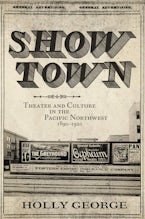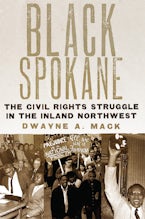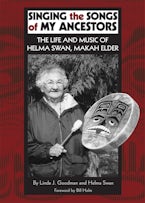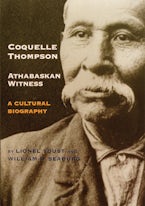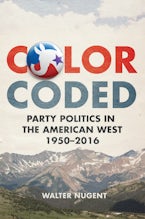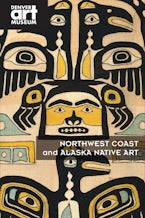- Home
- history
- social science
- performing arts
- Show Town
Show Town
Theater and Culture in the Pacific Northwest, 1890–1920
by Holly George
Published by: University of Oklahoma Press
Imprint: University of Oklahoma Press
280 Pages | 6 x 9 | 13 b&w illus., 6 tables
$29.95
$24.95
$24.95
Like many western boomtowns at the turn of the twentieth century, Spokane, Washington, enjoyed a lively theatrical scene, ranging from plays, concerts, and operas to salacious variety and vaudeville shows. Yet even as Spokanites took pride in their city’s reputation as a “good show town,” the more genteel among them worried about its “Wild West” atmosphere. In Show Town, historian Holly George correlates the clash of tastes and sensibilities among Spokane’s theater patrons with a larger shift in values occurring throughout the Inland West—and the nation—during a period of rapid social change.
George begins this multifaceted story in 1890, when two Spokane developers built the lavish Auditorium Theater as a kind of advertisement for the young city. The new venue catered to a class of people made wealthy by speculation, railroads, and mining. Yet the refined entertainment the Auditorium offered conflicted with the rollicking shows that played in the town’s variety theaters, designed to draw in the migratory workers—primarily single men—who provided labor for the same industries that made the fortunes of Spokane’s elite. As well-to-do Spokanites attempted to clamp down on the variety theaters, performances at even the city’s more respectable, “legitimate” playhouses began to reflect a movement away from Victorian sensibilities to a more modern desire for self-fulfillment—particularly among women. Theaters joined the debate over modern femininity by presenting plays on issues ranging from woman’s suffrage to shifting marital expectations. At the same time, national theater monopolies transmitted to the people of Spokane new styles and tastes that mirrored larger cultural trends.
Lucidly written and meticulously researched, Show Town is a groundbreaking work of cultural history. By examining one city’s theatrical scene in all its complex dimensions, this book expands our understanding of the forces that shaped the urban American West.
Holly George is Co–Managing Editor of the Utah Historical Quarterly and author of journal articles on gender, recreation, and the West published in Pacific Northwest Quarterly and Utah Historical Quarterly.
“Exploring tensions between the Victorian values of middle-class Spokane theatergoers and the often bawdy variety entertainment venues that fueled the town’s economic engines, Holly George tells a story that illuminates the turn-of-the-century Pacific Northwest on several levels: theater history, cultural studies, the sociology of money and morality, Spokane’s geography as destiny, and influential personalities. Lively anecdotes and sociological data are seamlessly integrated in this fascinating study.”—Felicia Hardison Londré, author of The Enchanted Years of the Stage: Kansas City at the Crossroads of American Theater, 1870–1930

